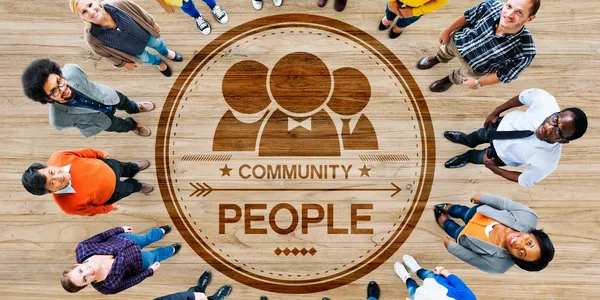Whether we’re talking about addiction or trauma, depression or anxiety, people need healthy, supportive connections in order to recover. We do not heal in isolation. When it comes to substance abuse and other behavioral addictions (gambling, eating, sex, etc.), connection is imperative. Sobriety is only abstinence from the substance or behavior of addiction; if you quit using and change nothing else in your life, you are very, very likely to relapse. Long term, sustainable recovery is a lifestyle, involving a change of attitudes, beliefs, and behaviors, so that you can stay connected to the people and activities that lift you up, give you purpose, and help you manage life on life’s terms.
Treatment should not be a punishment. Counseling is essentially a relationship between you and your therapist that gives you unconditional support, guidance, and empathy while you are going through the process of healing and change: learning positive coping skills and relapse prevention strategies, coming to terms with your past, developing healthy relationships, and writing a new mental script for yourself based on self-acceptance and validation. Recovery is about connection, which is what Counseling Connect stands for. When you’re ready to get started with your journey, we’ll be here, looking forward to connecting with you.
Check out the TED Talk by Johann Hari! This video is highly recommended for its approach to addiction recovery: https://www.youtube.com/watch?v=PY9DcIMGxMs
TLDR: “The opposite of addiction is connnection.”
For more information, take a look at his book (Chasing the Scream: The First and Last Days of the War on Drugs) for a fascinating investigation into the history of drug policy and the research on substance abuse treatment. https://www.amazon.com/Chasing-Scream-Opposite-Addiction-Connection/dp/1620408910/ref=sr_1_3?ie=UTF8&qid=1530120547&sr=8-3&keywords=johann+hari

